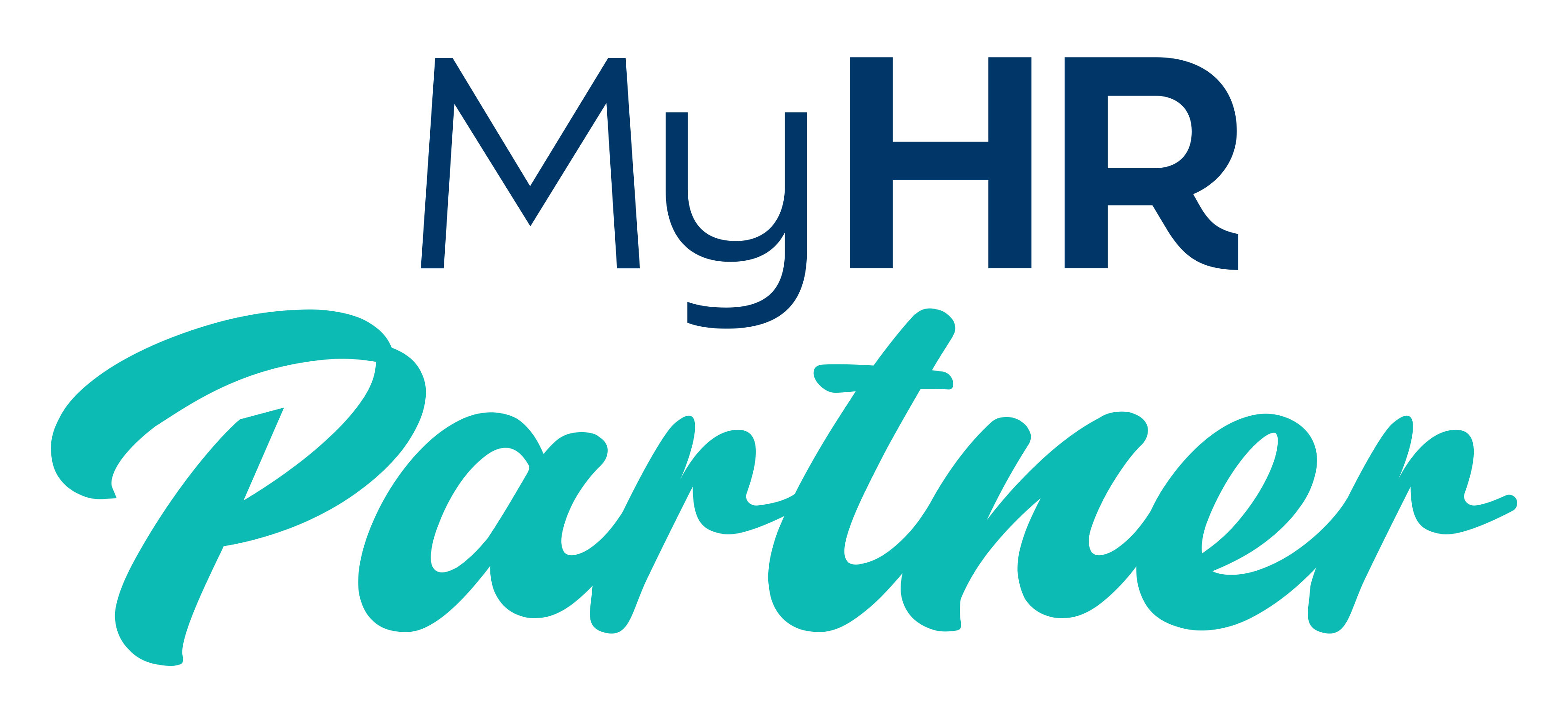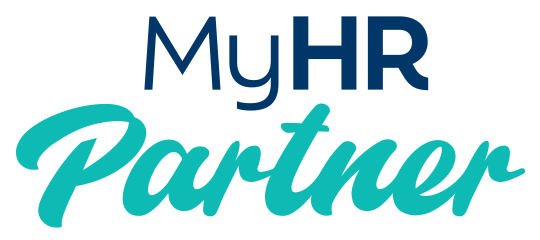Frequently Asked Questions
Welcome to our Frequently Asked Questions (FAQ) section. Here, we have compiled answers to the most common queries to help you quickly find the information you need. If you don't find your question answered here, please feel free to contact [email protected]
Welcome to our Frequently
Asked Questions (FAQ) section. Here,
we have compiled answers to the most
common queries to help you quickly find
the information you need. If you don't
find your question answered here,
please feel free to contact
[email protected]
What is a Fair Work Information Statement?
The Fair Work Information Statement (FWIS) gives details to employees about their conditions of employment in accordance with the National Employment Standards (NES). The FWIS explains each of the National Employment Standards and gives information about Awards, Agreements, the role of the Fair Work Commission & Fair Work Ombudsman, termination, and flexibility arrangements.
Who Should Receive the Fair Work Information Statement?
All new employees (including casual employees) that have commenced employment after 1 January 2010 should receive a copy of the FWIS. You should give the FWIS to all new employees before their employment starts or as soon as practicable after the employee starts work, ideally at the same time as they are given their employment contract.
What is a Casual Employment Information Statement?
Employers have to give every new casual employee a Casual Employment Information Statement (the CEIS) before, or as soon as possible after, they start their new job.
Employers also have to give every new casual employee a copy of the Fair Work Information Statement (the FWIS) at the same time.
The CEIS has information about:
• the definition of a casual employee
• when an employer has to offer casual conversion
• when an employer doesn’t have to offer casual conversion
• when a casual employee can request casual conversion
• casual conversion entitlements of casual employees employed by small business employers
• the role of the Fair Work Commission to deal with disputes about casual conversion.
Do I have to give my employee a payslip?
Yes. Employees should receive a payslip within one day of pay day.
What is the definition of “immediate family”?
“Immediate family” is defined in the Fair Work Act to mean: a spouse, de facto partner, child, parent, grandparent, grandchild, or sibling of the employee or a child, parent, grandparent, grandchild, or sibling of a spouse or a de facto of the employee.
How many hours does a full time employee work?
A 38 hour week is the maximum for a full time employee, unless additional hours are reasonable.
Can I ask my employee for a medical certificate when they are sick?
You can, but employees need to know what you expect.
If you require your employees to provide a medical certificate for an absence, you should state this in your Leave Policy.
What is Annual Leave?
Annual leave (also known as holiday leave) allows an employee to be paid while they have time off from work.
Permanent employees are entitled to 4 weeks annual leave per year.
How much annual leave are employees entitled to?
Permanent employee are entitled to 20 days annual leave.
Part time employees accrue leave on a pro rata basis.
Casual employees aren’t entitled to annual leave.
Can I direct my employees to take annual leave, for example at Christmas shut down?
As an employer, you can direct an employee to take annual leave, but the request has to be reasonable.
Employees can be directed to take annual leave during a shut down and are paid annual leave entitlements, if they don’t have any annual leave, they may take leave without pay.
If an employee has accumulated excess annual leave, they can also be directed to take annual leave.
Details are usually stated in the Award or Agreement.
What is Personal/Carer’s Leave?
Personal/Carer’s leave is taken by an employee when they are sick or if they have to care for an immediate family member or household member.
Sick leave can be used when an employee is ill or injured.
An employee may have to take time off to care for an immediate family or household member who is sick or injured or help during a family emergency. This is known as carer’s leave but it comes out of the employee’s personal leave balance.
How much personal/carer’s leave are employees entitled to?
Permanent employee are entitled to 20 days personal/carer’s leave.
Part time employees accrue leave on a pro rata basis.
Casual employees aren’t entitled to paid personal/carer’s leave but they are entitled to unpaid carer’s leave.
What is Community Service Leave?
Community service leave is available for activities such as: a voluntary emergency management activity, jury duty, including attendance for jury selection.
Who has the right to work
in Australia?
Australian citizens, permanent residents, New Zealand citizens and someone with an appropriate valid working visa.
What documents can I accept as evidence that someone has the
right to work in Australia?
The following documents can be used as evidence of having the right to work in Australia:
• Evidence of permanent resident status
• Temporary visa with entitlement to work
• Australian or New Zealand passport
• Certificate of Australian citizenship
• Australian Birth Certificate
What documents should I provide a new employee?
• An Employment Contract;
• An Employee Policies Handbook;
• A tax declaration form;
• A choice of superannuation form;
• An employee details form (including banking details & emergency contact details).
Can I ask an applicant to provide a criminal record check?
Employers should only ask an applicant to provide a criminal record check where there is a connection between the inherent requirements of the job and a criminal record.
It’s a summary of any person’s police history information in Australia.
If you require a criminal record check, you should state this clearly in the job ad & information sent out to applicants. You can’t do a criminal record check on a person without their consent.
Can I ask an applicant to get a
Working With Children Check?
You can ask an applicant to provide a Working With Children Check if they are going to work directly with children, in areas of work specified as child-related work, or work in a designated role as stated in the legislation.
Should leave balances be on a
pay slip?
It’s not a requirement, but it’s best practice. If an employee asks for their leave balance, an employer needs to tell them.
Do I have to give my employees a lunch break?
Yes. Modern awards generally include provisions for meal breaks (e.g. if the employee is required to work for more than 5 hours they get an unpaid meal break).
Check your specific award.
What are flexible working arrangements?
The Fair Work Act 2009 provides employees with a legal right to request flexible working arrangements.
Employers must seriously consider a request for flexible working arrangements but may refuse on reasonable business grounds.
Before responding to a request from an eligible employee, an employer must first discuss the request with the employee to try to reach an agreement about a change to their working arrangements.
Requests can only be refused on reasonable business grounds. If employers refuse a request, they need to provide the employee with a written response.
Can I give my employees food
or goods instead of paying them money?
Employees need to be paid money for their work – they cannot be “paid in-kind” (for example, with food or products).
What is a hazard?
A hazard is something that can cause harm.
What is a risk?
A risk is the chance that a hazard will actually cause somebody harm
What is redundancy?
Redundancy happens when an employer either doesn’t need an employee’s job to be done by anyone or becomes insolvent or bankrupt.
What is a public holiday?
Public holidays can be different depending on the state or territory you work in.
Public holidays are an entitlement in accordance with the National Employment Standards (NES). The NES apply to all employees covered by the national workplace relations system, regardless of any award, agreement or contract.
The NES provide an entitlement for employees to be absent from work on a day or part-day that is a public holiday.
If an employee works on a public holiday, they are usually entitled to penalty rates.
Do employees on probation
accrue leave?
Yes. Employees on probation are subject to the same conditions of employment as your other employees.
Leave accrues during the probation period, it accrues from day one of employment
Do I have to pay employees
more if they work on a weekend
or public holiday?
Yes. Employees often get penalty rates when working weekends, public holidays, overtime, late night shifts or early morning shifts. Usually the Award or Agreement will set these rates.
What details should be on a
pay slip?
Payslips must contain details of the payments, deductions, and superannuation contributions for each pay period.
They should include:
• The employer’s and employee’s name
• The employer’s Australian Business Number (ABN)Dates of the pay period
• Date of payment
• Gross and net pay
• For employees that paid an hourly rate:
* The ordinary hourly rate
* Number of hours worked at that rate
* Total dollar amount of pay at that rate
• any loadings, allowances, bonuses, incentive-based payments, penalty rates or other paid entitlements that can be separated out from an employee’s ordinary hourly rate
• the pay rate that applied to the employment
• any deductions from the employee’s pay, including:
* the amount and details of each deduction
* details of the deduction
• any superannuation contributions paid for the employee’s benefit, including:
• the amount of contributions made during the pay period (or the amount of contributions that need to be made)
• the name and/or number of the superannuation fund the contributions were made to.
Can I email payslips to my
employees?
Pay slips have to be in either electronic form or hard copy. Electronic pay slips must have the same information as paper pay slips.
Do I have to pay my employee
to come in for a meeting or if
they open and close before and
after hours?
If an employee is required to open and/or close the business or attend a team meeting, they have to be paid the right pay for their time.
What are allowances and what
are they paid for?
Allowances are extra payments made to employees who do certain tasks or have a particular skill, use their own tools at work, work in unpleasant or dangerous conditions. Usually, the Award or Agreement will set these allowance rates.
What is workplace bullying?
A worker is bullied at work if:
• a person or group of people repeatedly act unreasonably towards them or a group of workers
• the behaviour creates a risk to health and safety.
Examples of bullying include:
• behaving aggressively teasing or practical jokes
• pressuring someone to behave inappropriately
• excluding someone from work-related events or
• unreasonable work demands.
What is not considered bullying?
Reasonable management action that’s carried out in a reasonable way is not bullying. If performance issues need to be addressed, it should be done in a constructive and supportive way, focusing on any positives as well as the negatives. It should never be humiliating or demeaning.
Not all behaviour that makes a worker feel upset or undervalued is workplace bullying.
Unreasonable behaviour in isolation is not workplace bullying but it may be unlawful discrimination or sexual harassment.
Differences of opinion and disagreements are usually not workplace bullying.
What is unfair dismissal?
Unfair dismissal is when an employee is dismissed from their job in a harsh, unjust or unreasonable manner.
How long does an employee
have to lodge an unfair
dismissal claim?
If an employee wants to submit an unfair dismissal claim, they have to apply to the Fair Work Commission within 21 days of the dismissal taking effect.
When can an employee lodge
an unfair dismissal claim?
Employees have to be employed for at least 6 months before they can apply for unfair dismissal. Employees working for a small business have to be employed for at least 12 months before they can apply.
How long does an employee
have to lodge an unfair
dismissal claim?
If an employee wants to submit an unfair dismissal claim, they have to apply to the Fair Work Commission within 21 days of the dismissal taking effect.
Our Latest Blog Post

Podcast Episode 20: Affordable Employee Benefits: Creative Solutions for Small Businesses
Welcome back to the My HR Partner blog. Today, I’m excited to delve into a topic close to my heart—providing affordable employee benefits for small businesses. If you’re running a small business and looking for ways to keep your employees motivated and feeling appreciated without straining your budget, you’re in the right place. Let’s explore some creative, cost-effective strategies to enhance your workplace culture and retain your top talent.
Why Offer Employee Benefits?
Employee benefits are crucial for retaining staff and boosting morale. While large corporations can offer extravagant perks, small businesses can also make a significant impact with thoughtful, budget-friendly options. The key is to focus on what truly makes your employees feel valued and engaged.
Some Examples of Creative, Cost-Effective Employee Benefits
Birthday Leave
One simple yet impactful benefit is offering a day off on an employee’s birthday. This small gesture shows appreciation and allows employees to enjoy their special day without the stress of work. For a small business, you can set clear guidelines to ensure fairness, such as allowing the day off within a two-week window around their birthday. Also consider how this leave would apply to part time employees.
Employee of the Month/Week/Quarter
Recognising outstanding performance can be as simple as implementing an Employee of the Month/Week/Quarter program. This can include a range of rewards – anything from a gift card to a special lunch or even an extra day off. The goal is to celebrate achievements and motivate your team. Just make sure the criteria for awards are clear and equitable to avoid any feelings of unfairness.
Flexible Work Hours
Offering flexibility in work hours or remote work options can be a valuable benefit. If you have employees who’ve recently hit a significant milestone or achieved their targets, consider giving them an extra hour/s off or the option to work from home for a day. This type of reward can be highly appreciated and doesn’t necessarily come with a financial cost.
Personalised Rewards
Tailor rewards to individual preferences. If you have a small team, you can personalise rewards like restaurant vouchers, movie tickets, or sports event passes based on what each employee enjoys. This personal touch not only shows that you value their preferences but also makes the reward more meaningful.
Recognition Programs
Don’t underestimate the power of recognition. Implement a structured recognition program where employees are acknowledged for their hard work and milestones. Whether it’s a trophy, a plaque, or a simple shout-out in a team meeting, celebrating achievements can foster a positive work environment. And……. Sometimes all it takes is to say Thank You.
Involving Employees in the Process
Engage your team in brainstorming sessions to gather ideas for benefits that would truly resonate with them. This collaborative approach ensures that the perks you offer align with what your employees find valuable. It also helps in creating a sense of ownership and involvement in shaping the company culture.
Balancing Fairness and Motivation
When designing reward programs, it’s important to ensure they’re fair and inclusive. Avoid scenarios where only a few employees repeatedly receive rewards, as this can lead to resentment. Instead, consider team-based goals or rotating awards to keep everyone motivated and feeling valued, but at the same time, you don’t want to be seen to be just giving an award to someone to “share it around”. It needs to be something to strive for.
Conclusion
Affordable employee benefits can make a significant difference in maintaining a motivated and happy workforce. By thinking creatively and understanding what your employees value, you can implement effective benefits without breaking the bank. If you need more tailored advice on setting up a benefits program or managing HR concerns, feel free to reach out to us at My HR Partner.
Thank you for joining me today. Keep your team happy, and let’s continue working towards a thriving and positive workplace culture.
Stay tuned for more HR insights and tips on the My HR Partner blog and podcast.
We provide HR advice and support. We have trusted partners to assist with any employment law issues
outside of our scope.
More info

Get HR Advice from our HR expert
Our Latest Blog Post
Flexible Working Arrangements
Jun 18, 2024
Why Flexible Work Arrangements
Are Essential for Modern Businesses
Today, we’re delving into a...
We provide HR advice and support.
We have trusted partners to assist with
any employment law issues outside
of our scope.
More info
PO Box 1079
Coolangatta QLD 4225
ABN 30 644 527 015
Get HR Advice from our HR expert







